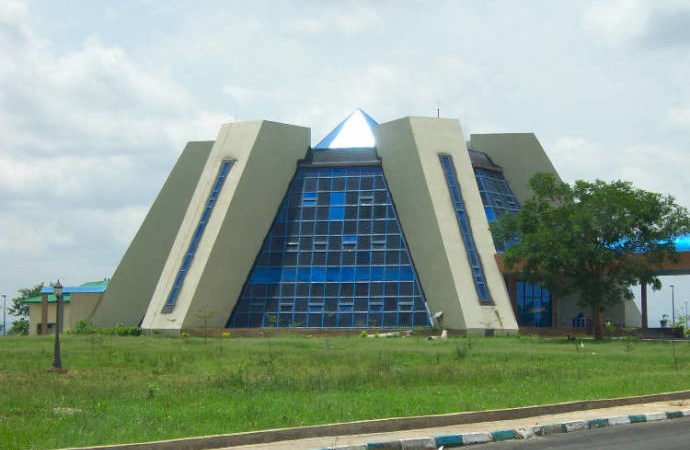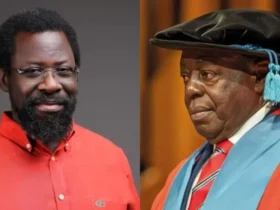The National Space Research and Development Agency’s (NASRDA) Director-General, Dr. Halilu Shaba, stated on Sunday that Nigeria’s space business might be worth $1 billion.
Shaba noted that the agency has reached the necessary critical mass for the sector to thrive in an interview with the News Agency of Nigeria (NAN) in Abuja.
He added that Nigeria’s location near the equator, which provided it with an advantage over several other nations, was another aspect that affected the value of the industry.
Dr. Halilu’s statement on Sunday reads: “The value of the Nigerian space industry should be worth one billion dollars because we have developed the critical mass; we already have a design of what our next satellite will look like, but we need funds.
“Again, because we are sitting at the equator, all our communications satellites used to have very wide coverage; they are more than any other country.
“Angola launched, but the footage is not all over Africa; our satellites will always have footage all over Africa, not only for West Africa, and that gives us the market.
“We value ourselves as the only operators at the equator, and because of that, we imagine our reach; that alone gives us a unique position.
“A lot of people use this technology without knowing; they use the Global Positioning System (GPS) and hand-held phones, and they don’t even know that these are space technologies.
“In everything we do these days, technology is being used, but the common man is not even aware that this same technology is brought to bear. We are talking to the people who will break it down to the citizens through the relevant institutions.”
He went on to say that the agency had improved its collaborations with universities over time in order to change the research culture. He explained that developing a 24-hour research culture had been hampered by security concerns.
“We are working to change the culture of research because you must have security.
“Comparing with some other countries that are into space science technology, you see that they have about a 24-hour research culture, but in the case of Nigeria, we just have about eight hours, and yet we are competing.
“We have been consistently trying to see how our centres and campuses located sometimes on the outskirts of town can improve on research by having 24 hours,” he said.








Leave a Reply